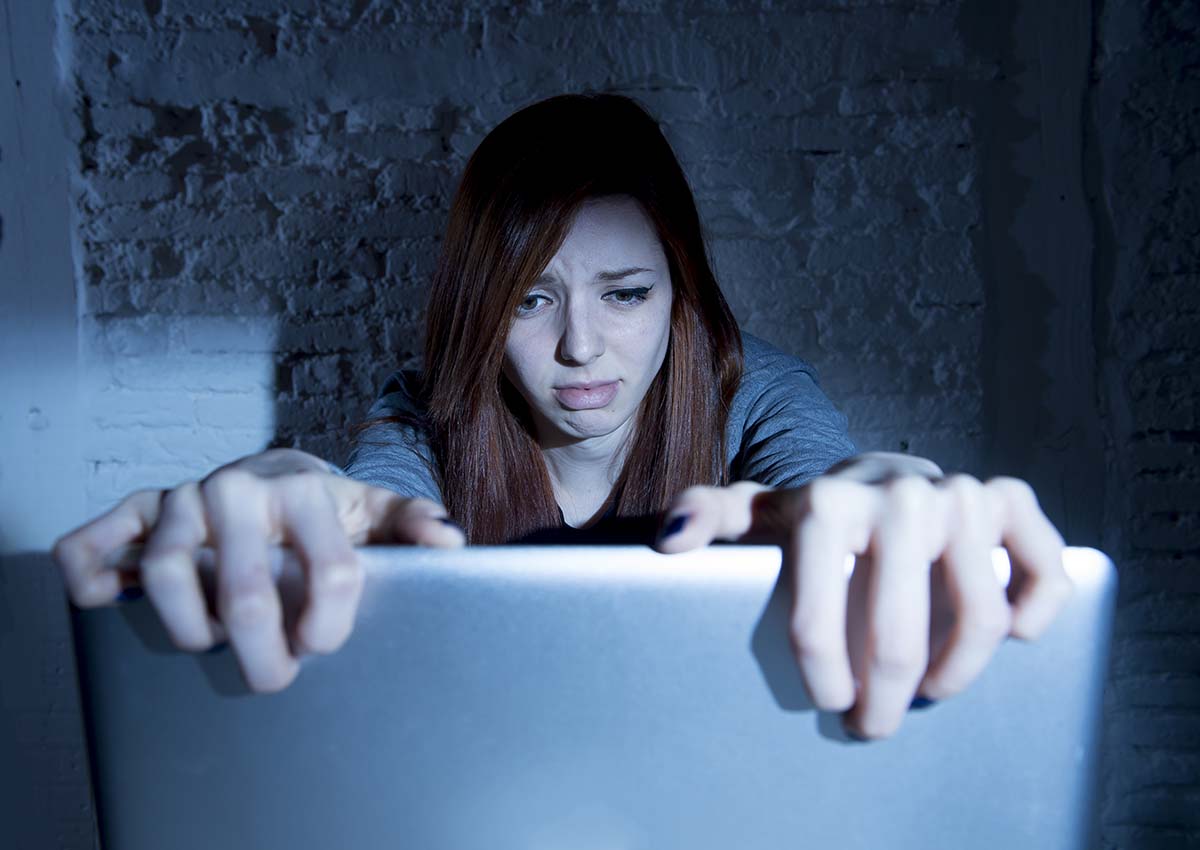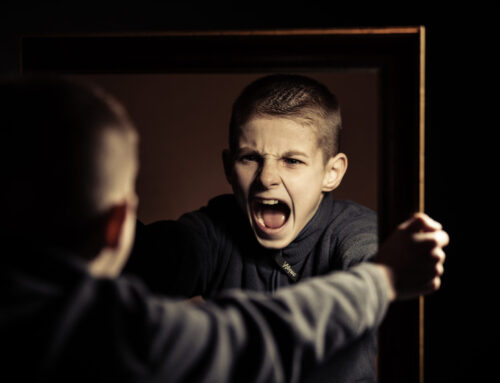I am sure you have heard the term cyberbullying, but have you taken time to truly think about what it is and the trauma it creates? I know we see the statistics, but do you see the person behind the statistics?
Cyberbullying is any form of bullying that takes place over the internet with digital media such as phones, tablets, laptops, etc. The most common places where cyberbullying takes place are:
• Social media such as Facebook, Instagram, and Snapchat
• Text Message or Group Chats
• E-mails
• Gaming platforms like Xbox and PlayStation
Many teens have faced some form of bullying online and it can have devastating affects. Children that have been victims of cyberbullying are at high risk for anxiety, depression, and suicidal ideation. Many kids, mistakenly not believing it will get better, have died by suicide as a direct result of cyberbullying. This is a serious issue and one we must work together to solve.
We know bullying is an issue, but unfortunately, we still have individuals that don’t believe we have a problem. They think the kids are just weak. Some of the ignorant statements I have read or heard are:
• Our kids are wimps
• They all get trophies, that is why they are all so weak
• Kids are too sensitive
• Bullying isn’t the problem, it is that we are raising a bunch of crybabies
They are absolutely wrong. I was teased horribly as a child. I was burned when I was 2 by a pot of boiling water on the stove. I was blessed with an amazing surgical team but kids can be so cruel. I was called Scarface (though you couldn’t see the scars on my face). It was devastating and affected me for many years. I dealt with it in elementary school but thankfully when we moved from CA to AZ in 6th grade the bullying stopped. As bad as it was, I had an escape. I could leave school and go home. When I got home I could pick up a book and lose myself in a story. I had no fear of being harassed in the safety of my home. Kids today don’t have that luxury. The bullying follows them. It even follows them to the sanctuary of their house. So please believe me when I tell you that our kids are not weak, they are not too sensitive. They are dealing with a very difficult situation that they can’t escape. It is not as simple as not picking up the phone or logging into a computer; fear of what is being posted about them forces them to continue to look. They feel imprisoned, and don’t believe anyone else can understand what they are going through.
It is important that we understand tactics cyberbullies use so we can recognize the signs and act appropriately. Some of these tactics include:
• Gossiping and posting rumors online with the only intent being to harm
• Posting hurtful pictures or memes
• Phishing – when someone pretends to be someone else in order to obtain personal or financial information which is then
posted to social media or chat forums with the sole intention of hurting the individual.
• Posting hateful names or comments
• Sending harmful and embarrassing texts
• Exclusion – deliberately excluding the individual from an online group
• Cyberstalking
• Cyber threats where they imply violence
• Pushing for someone to harm themselves or complete suicide
Cyberbullying is a serious epidemic and can have detrimental effects on the child. Some of the stats are:
• Cyberbullying has now become more prevalent than traditional bullying
• Approximately 160,000 children miss school every day due to bullying
• 1 out of 10 students who drop out say it is because of bullying
• A remarkable 75% of school shootings have been linked to bullying and harassment
• As high as 1 in 3 students experience some form of bullying throughout the school year
• Girls are more likely to be victims of cyberbullying. 40.6% of girls and approximately 28.2% of boys
• Children who are victims of cyberbullying often have low self-esteem
• Cyberbullying victims are more likely to attempt or complete suicide
• Bullied children are at higher risk for depression and anxiety
• More likely to have reduced school performance resulting in low GPA
• Suffer from insomnia
• Children who deal with severe cyberbullying can experience Post Traumatic Stress Syndrome (PTSS)
There is no doubt that bullying has a negative impact on our kids. Here are some things you can do to help:
• Talk to your kids about bullying. Acknowledge the harm that it can do.
• Monitor your children’s social media activity. Your teen may fight you on this, but setting the expectation and monitoring
what is happening can help you identify issues early.
• Don’t brush off your teen’s irritability or mood swings as just typical teenage behavior. Follow your instincts. Teens do
get irritable, and they do have mood swings, but if your child is withdrawing, having issues with grades, struggling to
study, seem anxious about school, or withdrawing there may be more going on. Don’t ignore it.
• Provide resources such as crisis intervention lines for teens Provide counseling if your child has been a victim of
bullying or is bullying. It can create long-term issues and a mental health professional can help you and your child
navigate these issues.
Bullying is a big issue and if your child is struggling it can seem very overwhelming. Don’t fret, there is help and you are NOT alone!
Resources
(Tulane University, 2018)
(stopbullying.gov, n.d.)
(Touro University, 2015)







Leave A Comment